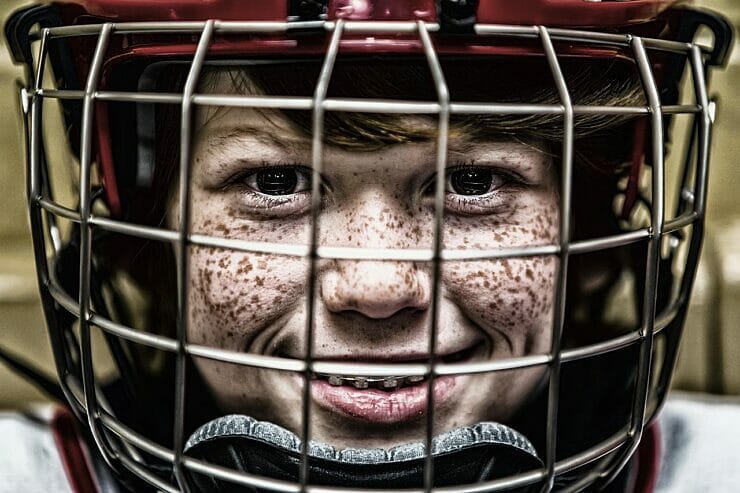
By definition, in order to be disappointed, your expectations must be higher than your perception of reality. I know many parents who are disappointed in their children, sometimes to the point of declaring their disappointment for the whole world to know, but as a parent looking from the outside, I think their expectations are just too high.
During life coach training, we discussed expectations and our instructor said that to be happier with our life, we should lower our expectations. I nearly exploded. I had grown up in a world that operated according to standards. I had been taught those standards, but never realized who had set them or where they had come from. They had just been there as facts of life, so lowering them was out of the question.
But when we broke for lunch, we kept talking about various situations that were causing us disappointment and robbing us of our happiness and it helped me to consider other people’s expectations without being emotionally involved. Since I had no attachment to their expectations, I could compare the options with a cool head just by looking at the outcomes.
For example, one of my course-mates (I will call her Fiona) lived in a blended family, in which she had two teenage children and her husband had two more. She spent most of our lunch break telling us how much better her own kids behaved and how rude her husband’s daughter was for leaving her clothes lying around and having a messy room, saying, “That’s no way to live. She leaves a mess all over the place and I have to pick up after her”.
I decided to be a bit of a pest and asked her, “Do you really have to pick up after her?”
“Of course I do”, she said quickly and confidently, “Somebody’s got to do it”.
“Really? What will happen if you leave her clothes lying around and wait?”
Read What Did You Expect? »















